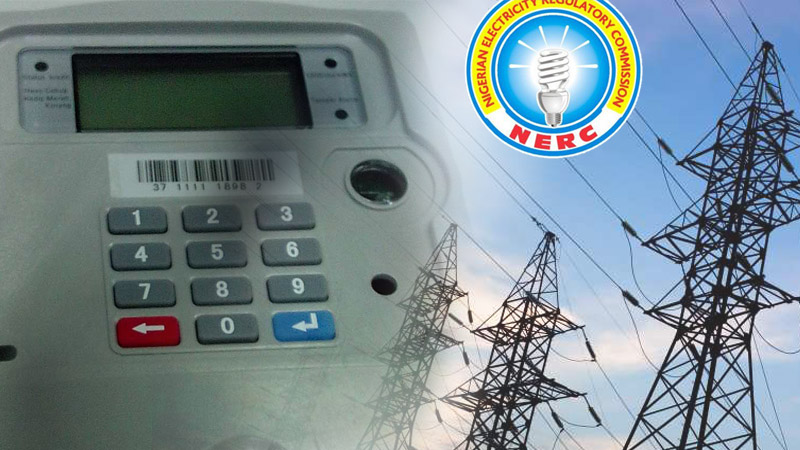
Lagos — Nigeria has achieved a 35% reduction in electricity subsidies following a tariff increase implemented last year for some users, Power Minister Adebayo Adelabu said on Thursday, easing some pressure on public finances in Africa’s most populous nation.
Nigeria’s power sector is burdened by a failing grid, gas shortages, high debt and vandalism, leading to a reliance on expensive generators for many.
The country was spending nearly 200 billion naira ($125.01 million) monthly on electricity subsidies because existing tariffs were not commercially viable.
The government last year eliminated subsidies for the 15% of customers classified as heavier users, including households and businesses consuming larger amounts of electricity.
Adelabu told a press briefing in Abuja that this targeted tariff adjustment has yielded significant results, with “the market generating an additional 700 billion naira in revenue, reflecting a 70% increase”.
This has helped alleviate the substantial financial strain on public finances, improve generation, and reduce the government’s tariff shortfall from 3 trillion naira to 1.9 trillion naira.
But the power sector still faces deep-rooted challenges. The country has an installed capacity of 13,000 megawatts, but typically produces only about a third of that, exacerbating the reliance on costly alternatives.
This situation is compounded by state-controlled power tariffs that have historically been too low for distribution companies to cover their costs and pay generating companies, leading to ballooning debts within the sector.
Debt owed to power generating companies has reached 4 trillion naira ($2.50 billion), prompting threats of plant shutdowns.
Adelabu said there were plans underway to help ease the debt burden, with the government intending to pay half of the debt this year through budgetary allocations and promissory notes that companies can discount as needed.
($1 = 1,599.8300 naira)
*Isaac Anyaogu, editing: Frances Kerry – Reuters



